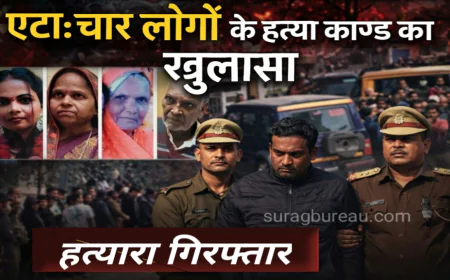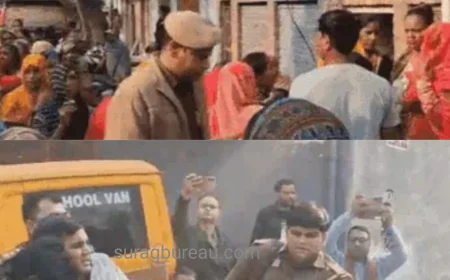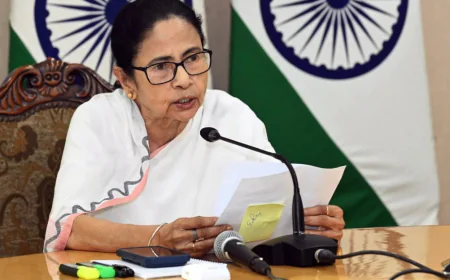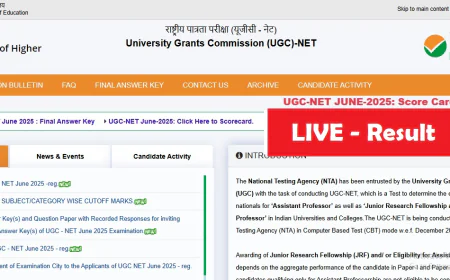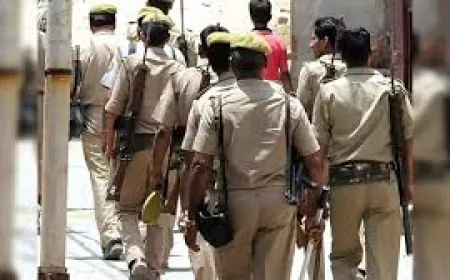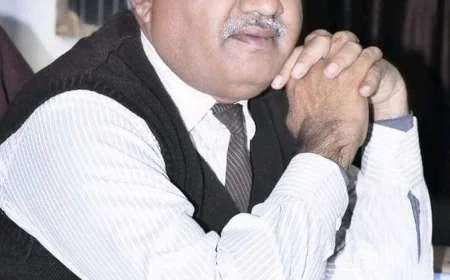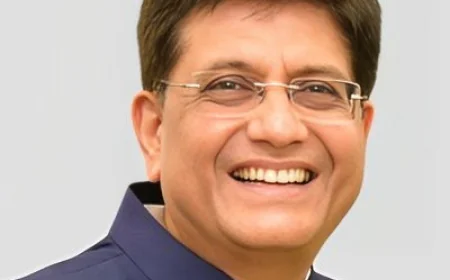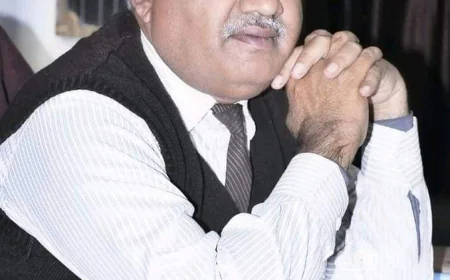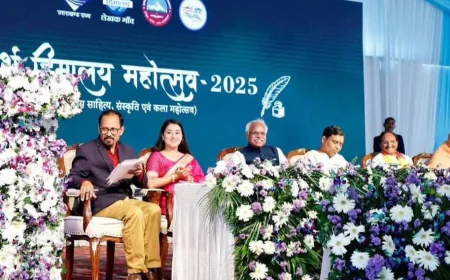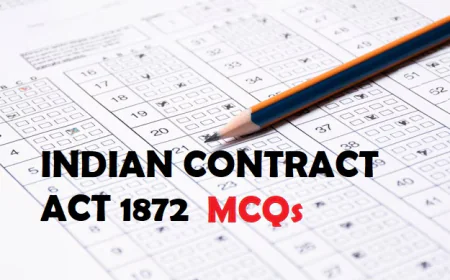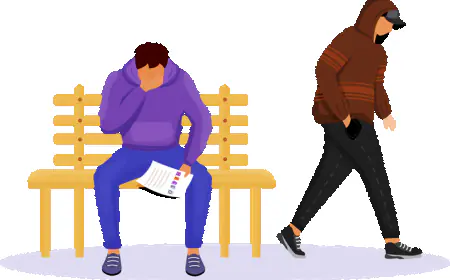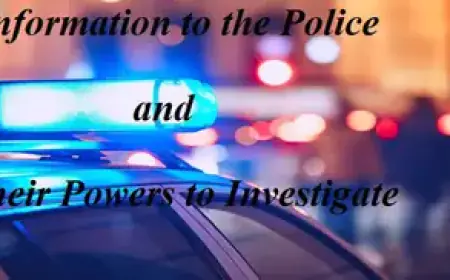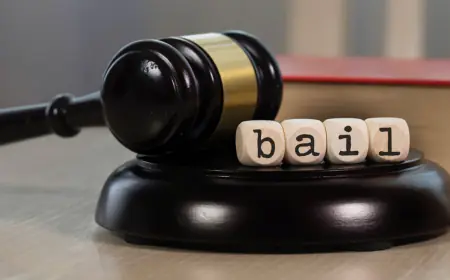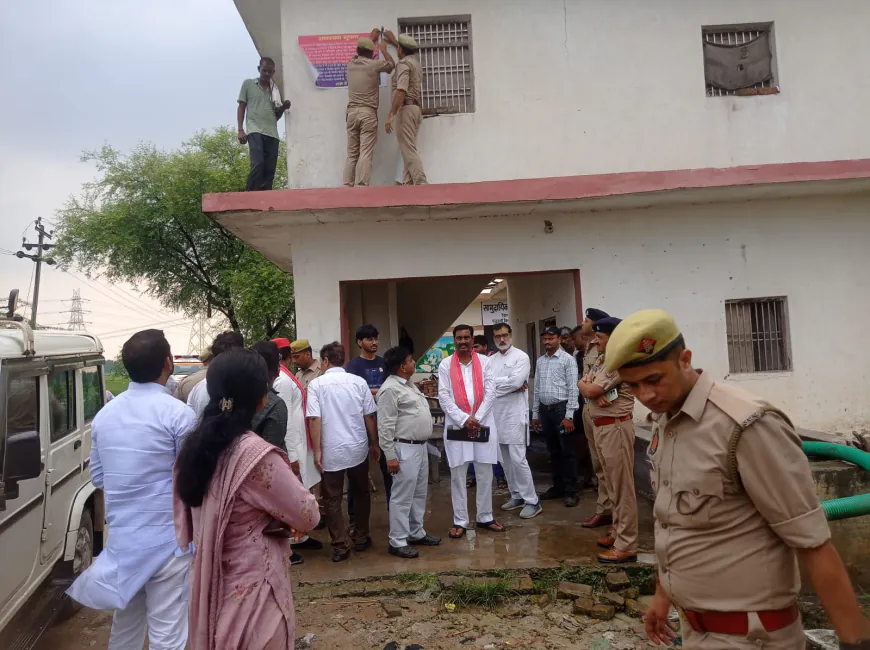Police Investigations: How does the police investigate the case in India? Full Procedure
Police Investigations: Police use different techniques to investigate the case. These techniques are related to phenomena which include the following things:
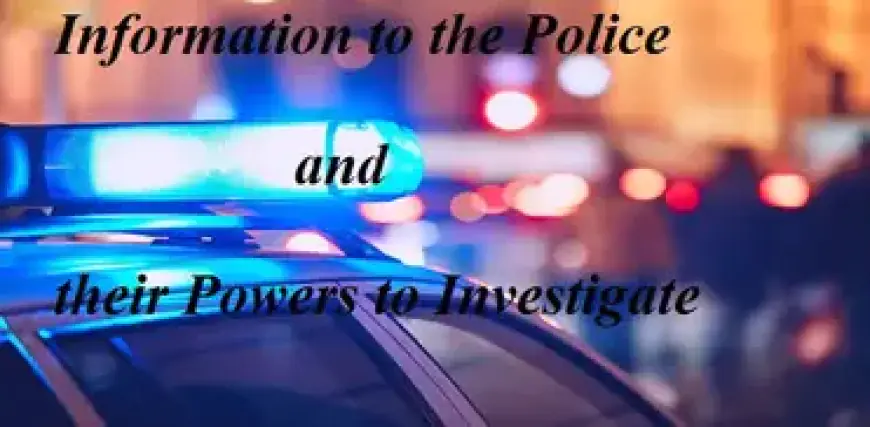
Police Investigations: Police use different techniques to investigate the case. These techniques are related to events which include the following things:
1. Interrogation of the people involved like responsible, witness, witnesses, accused etc.
2. To investigate the place and record the description of suspicious items.
3. Keeping an account of the interactions with the people involved.
4. In challenging contexts, checking the phones, computers or other electronic devices of the people involved.
5. Collecting valid evidence and identifying suspicious persons.
6. Seeking advice from the experts involved like forensic scientists, crime analysts etc.
7. To submit the results of the inquiry and decide whether to settle or register the case.
The police, using their various techniques, pressurize the case information, investigation reports and suspects through the above techniques.
Does the police hide evidence or identify witnesses
No, the police do not attempt to conceal the identity of evidence or witnesses. Police consider the identification of evidence or witnesses as an important element in the investigation of a case.
Further, the identity and association of the evidence or witnesses have been protected by law so that they are not harmed in any way. Therefore, the police do not try to take any action against the evidence or the witnesses.
| Read Also: What are the rights of the arrested person? |
Can the police arrest and interrogate the suspected accused during the investigation?
Yes, the police can arrest and interrogate any suspected accused under their coercive power. For this, the police must have some evidence or suspicion against the suspected accused which leads them to arrest them.
After arrest, the police interrogate the accused and interrogate him regarding his allegations. If the accused proves himself innocent, the police release him. If evidence is found against the accused, it is produced in the court.
Police completes their investigation,What Happens Now?
Once the police have completed their criminal investigation, they will present the findings to the district attorney's office. The district attorney's office will then decide whether the case is strong enough to bring to court. Depending on the seriousness of the crime, prosecutors will then decide whether the case should go to a grand jury or have a preliminary hearing. The grand jury process is only required for certain criminal offenses and is not required for misdemeanor charges.
If the case goes to a grand jury, the grand jury will decide whether there is enough evidence to prove that the suspect committed a crime beyond a reasonable doubt. If the grand jury finds there is sufficient evidence to lay a criminal charge, a trial will proceed. During the hearing, the judge reads the charges to the criminal suspect. The court will then ask the suspect to enter a 'guilty' or 'not guilty' plea.
